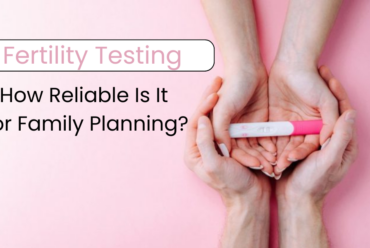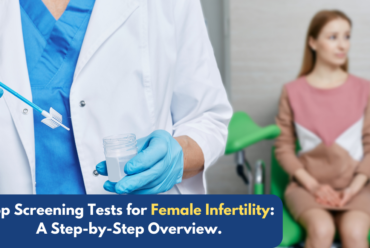How to deal with high-risk pregnancy?
Bringing a new life into the world is a beautiful journey, but for some expecting mothers, it comes with added challenges. A high-risk pregnancy can be daunting, but with the right knowledge and support, you can navigate it successfully. In this guide, we’ll explore what defines a high-risk pregnancy, common risk factors, and crucial steps to ensure the health and well-being of both mother and baby.
Understanding High-Risk Pregnancy:
A high-risk pregnancy is one that threatens the health or life of the mother or her fetus. It requires special attention and care to mitigate potential complications. Factors that contribute to a pregnancy being classified as high-risk include advanced maternal age, pre-existing medical conditions such as diabetes or hypertension, multiple pregnancies (such as twins or triplets), and lifestyle choices like smoking or substance abuse.
Identifying Risk Factors:
It is essential for expecting mothers to be aware of the risk factors associated with high-risk pregnancies. Websites like Mayo Clinic and WebMD provide complete lists of these factors, backed by medical expertise and research. By understanding these risk factors, mothers can take proactive steps to manage them and reduce the likelihood of complications during pregnancy.
Managing Health Conditions: For pregnant women with pre-existing medical conditions like diabetes or hypertension, managing these conditions is paramount. Websites such as Healthline and the American College of Obstetricians and Gynecologists (ACOG) offer valuable information on how to monitor and control these conditions during pregnancy. This includes maintaining a healthy diet, regular exercise, and adherence to prescribed medications under the guidance of healthcare professionals.
Regular Prenatal Care: One of the most crucial aspects of managing a high-risk pregnancy is regular prenatal care. Organizations like the Centers for Disease Control and Prevention (CDC) emphasize the importance of frequent check-ups and monitoring for both mother and baby. By attending all scheduled prenatal appointments, healthcare providers can closely monitor the progress of the pregnancy, identify any potential complications early on, and take appropriate actions to address them.
Lifestyle Modifications: Certain lifestyle choices can increase the risk of complications during pregnancy. Websites like BabyCenter provide tips and advice on making healthy lifestyle modifications, such as quitting smoking, avoiding alcohol and illicit drugs, and maintaining a balanced diet. These changes not only benefit the mother’s health but also promote optimal fetal development.
Emotional Support: Dealing with a high-risk pregnancy can take a toll on the emotional well-being of expecting mothers. Websites like What to Expect offer forums and support groups where women can connect with others going through similar experiences, share their concerns, and receive encouragement and advice. Seeking support from loved ones and healthcare professionals is also crucial in navigating the emotional challenges of a high-risk pregnancy.
Conclusion:
A high-risk pregnancy may present additional challenges, but with the expertise of a high-risk OBGYN in Hadaspar and access to top-notch medical facilities like Dr. Mulay Superspeciality Hospital, it is possible to achieve a healthy outcome for both mother and baby. By staying informed about their condition, managing health conditions with the guidance of specialists, attending regular prenatal appointments at reputable hospitals, making necessary lifestyle modifications, and seeking emotional support from loved ones and healthcare professionals, expecting mothers can navigate their pregnancy journey with confidence and peace of mind.








